2005 in many ways resembles 2025. Politically, it was a miserable year, as we were in the first year of the second term of George W. Bush, and we had to endure unbearable news stories as more and more of the truth about the War in Iraq was revealed. Yet, there were so many films released in 2005 that gave hope for the human experience. 2005 also had a lot of films that combated the status-quu of the time and spoke truth to power. There was also a long array of genre films, sharp comedies, and many other great films and pieces of music that got us by. I went back and revisited around over 50 films from 2005, and I was amazed how my list stayed quite similar to my original of 2005 with a few shuffles as well.

Courtesy Miramax Films
1. The Best of Youth (d. Marco Tullio Giordana)
I have vivid memories of when I first saw The Best of Youth, and it was at a local Landmark Theater in Bloomfield Hills that eventually closed. It was during the hot summer of 2005, and the film was released in the United States at the time. I read that it was a 6-hour movie, and many respected critics at the time, including Roger Ebert, highly endorsed it with very high praise. I saw it on two different days as they were playing the film in parts. I walked out mesmerized by the films sweeping drama and scope. The film has long since gained a reputation, making the notable 1001 Movies Before You Watch film book, and the film has appeared in many Bests of the Decade lists. Sadly, many modern filmmakers haven’t been acquainted with the film yet simply because its director, Marco Tullio Giordana, hasn’t made a splash since. Most of the films since have had very limited distribution and very limited marketing in the states. I’m really hoping Criterion will issue a Blu-ray one day. It’s also a tough sell being with its running time, but there is never a dull second that goes by. While the film is 6 hours long and is separated into two parts, the film is a cinematic blessing, and I’m so grateful that I had the opportunity to see it on the big screen. The film is a masterpiece and the finest film to be released in 2005. It’s about a family, mainly two brothers, in which Giordona explores their life during the course of 5 decades. We follow them through their college years all the way to their professions. We see various changes culturally and politically throughout the film, but at its core it’s about family, human progress, brotherhood, friendship, community, and all around a beautiful celebration of life. It’s a film that absorbs you in with its drama, without ever feeling cloying or manipulative. It has the scope of The Godfather, but without the dons and mafioso. It truly unpacks the meaning of existence.
2. The New World (d. Terrence Malick)
One of the most sweeping historical epics of cinematic history, though it’s a polarizing one. Visionary filmmaker Terence Malick, whose previous WWII film The Thin Red Line (1998) was the beginning of his fragmented and hallucinatory signature stylization that would foster into his magnum opus in the 2011 masterpiece The Tree of Life. Malick explores the important vessel of history, and the emotional suffering and desolation Pocahontas endured in the early 17th century from England’s colonization of Johnstown in The New World. Even though it’s titled The New World, the film’s perspective is actually of Pocahontas (Q’orianka Kilcher), and it’s seen through the eyes of Pocahontas (whose name is never uttered throughout the film) and her experience of encountering the Western World being brought into her native land in such a short span. Malick also brings deep philosophy into the film in how the British settlers brought rampant individualism and self-possession into an Indigenous society whose nature was unacquainted with it. The film runs emotionally deep, feeling the longing and displacement Pocahontas felt as her love with John Smith (Colin Farrell) is short-lived due to miscommunication and disillusions. The scenes between Farrell and Kilcher as the two historic icons are truly ethereal, as Malick and cinematographer Emanuel Lubezki gaze through and track the camera with Pocahontas and Smith. Together, they walk, run, dance, and use mostly telepathic motions throughout landscapes to communicate their feelings for one another. The New World is both naturalistic and dreamlike and, of course, poetic in the ways Malick captures so many harmonious moments. Christian Bale is also effective in his minimalism as John Rolfe, who plays Pocahontas’s very caring husband. The New World poignantly reimagines these pivotal moments of history and shows the consequences of the forces of nature colliding while exploring the inherent vulnerability of compassion and love that is found along the way.
3. 2046 (d. Wong Kar-Wai)
Wong Kar-Wai is certainly at his finest with his 8th feature film, 2046, which was released a few years after the success of In the Mood for Love, and it’s even more ravishing, more stylish, and bolder than anything he’s crafted before. A continuation of Wong Kar-wai’s In the Mood for Love and Days of Being Wild, Tony Leung reprises his role as Chow Mo-wan, a journalist and writer, who is the film’s main character and narrator. Wong Kar-Wai continues his themes of romantic longing. After returning to Hong Kong from Singapore, Chow lives in the moment being a womanizer as he brings various women back to his hotel as he writes articles and novellas in between his romantic and intimate encounters. Yet Chow ends up holding a lot of regret as years pass by after he has pushed certain women aside, knowing that it’s going to be difficult to recapture some of the radiant spark he once had with Su Li-zhen (Maggie Cheung), the woman Chow Mo-wan loved most, and had an emotional affair with, which we see in her flashbacks and memories. Chow ends up falling for a few different women, including Li-Zhen, a gambler nicknamed “Black Spider,” and Chow falls for Bai Ling (Zhang Ziyi), a cabaret girl. The film gets denser and more innovative in structure, rich in visuals and style, and Wong Kar-Wai utilizes a ravishing segment in the film that plays into the future of one of Chow’s stories, including Chow’s alter ego of Takuya (Takuya Kimura), who falls in love with an android played by Faye Wong. The relationship is clearly a reflection of Chow’s yearnings for his previous lovers, and it’s an artful device. The craftsmanship and visuals by Wong Kar-Wai and cinematographer Christopher Doyle are mind-blowing. If there is any justice, more modern film buffs will eventually gravitate towards 2046 and not just stop at In the Mood for Love.
4. Brokeback Mountain (d. Ang Lee)
This is another masterpiece that holds great shelf live and generates great emotional complexity and empathy during an era otherwise seemed unfit, a gay cowboy love story that’s setting is in the 60s through the 80s. Based on Annie Proulx’s short story of the same title, which tale starts of in 1963 Wyoming, two young men, Ennis del Mar (Heath Ledger) and Jack Twist (Jake Gyllenhaal), are hired for the summer to help heard after sheep at a seasonal grazing rang. Unexpectedly, the two men form an intense emotional and sexual attachment to each other but have to part ways at the end of the summer. Over the course of three decades, we see their lives take different paths with marriages, children, and other jobs, but they continue to reunite as they tell their wives they are going on “fishing trips.” Ennis’s wife Alma (Michelle Williams) starts to grow her suspicions as Jack’s wife Lureen (Anne Hathaway) is to pre-occupied and too independent to even notice. The film’s love story is absorbing and intricate. The emotions from the performances across the board never feel forced and they flow so organically. The direction by Ang Lee is artful and eloquent. The way he frames the characters along with cinematographer Rodrigo Prieto with wide spaces, especially in the landscape scenes expresses the characters longing and loneliness. The performances by Gyllenhaal and the late Heath Ledger are vulnerable, and their exchanges bring an emotional rawness that doesn’t miss one genuine beat. Brokeback Mountain is a treasure, one that continues to live on and that will continue to hold a great shelf part.
5. Me and You and Everyone We Know (d. Miranda July)
I recall walking out blown away by the debut feature by performance artist Miranda July. Her first feature, Me and You and Everyone We Know, now turns 20, and it’s not quite on modern film buffs radar, but it has grown some appreciation over the years thanks to the Criterion. All it will take is for Miranda July to make another great film, and that should allow more audiences to track this down. Sadly, her overlooked Kajillionaire was released in 2020 during COVID and was left ignored by modern film buffs, the critics, and the Oscars. I still stand by its being one of the best films of the 2020s. Revisiting this years later touched me even more, especially since I have endured more life experiences since I was a young man in my early 20s. The structure of the film holds various subplots and characters that are intertwined. We follow Richard (John Hawkes), a recently divorced father of two who works as a shoe salesman. Upon the divorce, he ends up getting a small apartment with his two sons, six-year-old Robby (Brandon Ratcliff) and 14-year-old Peter (Miles Thompson). He ends up encountering Christine (July), a senior cab driver and aspiring video artist, once she takes her client out to shop for new shoes. They develop a potential romantic relationship, and they both feel a spark, but their own insecurities and anxieties drift them apart. July’s film is a very idiosyncratic film, but also a very poignant one. It’s a deeply personal film about searching for yourself, and it’s about human longing, human connection, adolescence, loneliness, and life. You can feel the ethereal and even otherworldly forces when you watch this film and other July films (see The Future and Kajillionaire). They feel transcendent with July’s tone and imagery as you unpack the mysterious.
6. The Squid and the Whale (d. Noah Baumbach)
It was in 2005 that Noah Baumbach generated high acclaim with his acid family comedy-drama The Squid and the Whale, a portrait of a dysfunctional family that splits apart from a divorce in which the family is pitted against each other. There is Bernard (Jeff Daniels in a career-defining performance), the husband and father who is pompous, egocentric, and a failed writer that teaches English literature at a New York Community college. His wife, Joan (Laura Linney), is a published writer for the New Yorker who ends up filing for divorce due to Bernard’s competitiveness. Their two children in their life, Walt (Jesse Eisenberg) and Frank (Owen Kline), end up being hostile towards each other as they take opposite sides of their parents in the distressing divorce. Walt really looks up to his father, Bernard, and aims to mimic him as Frank gravitates more towards Joan. Both highly amusing and at times emotionally distressing, the sharp writing displays with great empathy the challenges of divorce and family dysfunction. Each character is given a lot of complexity as they are deeply flawed, and Baumbach brings so much empathy; some may dismiss the characters as “unlikable,” but that is a simplistic dismissal, as each character carries their own challenges, talents, and unique charms in refreshing ways in the writing. While Baumbach has made some terrific films since, with Frances Ha, Mistress America, and Marriage Story, The Squid and the Whale remains his greatest, with its richly drawn characters, writing, and directing.
7. Good Night, and Good Luck (d. George Clooney)
With his sophomore feature, George Clooney proved he has just as much talent behind the camera as he does in front, and Good Night, and Good Luck is certainly one of the strongest, most memorable, and more riveting films than so many other American films released in 2005. A historical drama based on the events of the historical showdown between CBS news anchor Edward R. Morrow (David Strathairn) and Senator Joseph McCarthy (used with archival footage and not an actor), the film is quite engrossing, seeing Morrow and his media team (Jeff Daniels, Robert Downey Jr., Patricia Clarkson, and George Clooney) research, investigate, and produce CBS’s 60 Minutes. For Morrow, he realizes that the media’s obligation is to search for truth and journalistic journeys. The film unravels masterfully and confidently, with astounding performances, and the script by co-writers Clooney and Grant Heslov holds a lot of rich historical perspective on the oppressions of McCarthyism during the height of the Cold War. The cast is first-rate, but David Strathairn as Edward R. Morrow was certainly worthy of an Oscar nomination. Sadly, Good Night, and Good Luck isn’t quite as treasured 20 years later as I would like, but I have a feeling had Executive Producer Steven Soderbergh, Steven Spielberg, or Martin Scorsese directed it, modern film buffs would treasure it more as they go by the relevance of iconic directors than the actual films, even though Good Night , and Good Luck is every bit as great as the work of any other iconic auteur. Hopefully a Criterion Blu-Ray release can push a longer shelf life for this film one day.
8. Syriana (d. Stephen Gaghan)
This is another post-9/11 film that feels timeless, even years after the Iraqi War, as the crisis in the Middle East still wages on. It’s based on the memoir “See No Evil” by author and former CIA case officer Robert Baer. The engrossing adapted screenplay by its writer and director Stephan Gaghan (Traffic),) chronicles the insights in this Altmanesque ensemble in which George Clooney plays Baer in an Oscar-winning role for Best Supporting Actor. It’s another harrowing film that generates realism, where, like Traffic, the film bounces between various narratives and characters where the central plotting is connected. The film very much feels like Soderbergh directed it, which is no surprise considering he also serves as executive producer. The film has a stellar cast of Matt Damon, Jeffrey Wright, Christopher Plummer, Chris Cooper, Alexander Siddig, and Amanda Peete. It’s quite a suspense drawer, a yarn of a film that comes together with layered themes on the human cost of power, greed, and global politics. It examines the corporatism between oil and government and how money drives our geopolitics. Conversations feel so authentic as exchanges organically unravel. Moments can feel terrifying, especially when we see ordinary workers in the Middle East being impacted. Even Matt Damon’s character is a greedy attorney whose family ends up paying a price. This film is fascinating, and Syriana certainly feels like a precursor to Kathryn Bigelow’s The Hurt Locker and Zero Dark Thirty.
9. Munich (d. Steven Spielberg)
Despite its anti-aggression and anti-war stance, the Spielberg film of the new century polarizes widely. I embrace Steven Spielberg for crafting something so bold and fearless, whose previous film was a remake of War of the Worlds that was also released in 2005. Spielberg applies his impeccable craftsmanship and utilizes a very essential film that is every bit as potent as Schindler’s List and Saving Private Ryan. He turns the historical non-fiction book Vengeance by George Jonas and adapted by screenwriters Eric Roth and Tony Kushner, where Spielberg molds the story into his own deeply personal vision that serves as a timeless condemnation of our ongoing interventions in the Middle East and counterproductive, inhumane “war on terrorism” policies that generate a lot of unintended consequences. The film is told through the perspective of Avner Kaufman (Eric Bana), a Mossad Israeli agent of German-Jewish descent, who is chosen to lead a mission to assassinate eleven Palestinians involved in the massacre of eleven Israeli Olympic team members. It’s a masterfully crafted and gripping story of vengeance, in which Roth and Kushner explore the moral conundrums of revenge and the blowback that arises. Bana is also superb along the way, finding the complexities, moral conflicts, and horrors of conflict.
10. Match Point (d. Woody Allen)
Woody Allen’s Match Point is still held up today as a companion piece to his 1989 masterpiece Crimes and Misdemeanors, and years later it still holds up across the board. The damn movie lingers in your mind well after the credits, and it makes one ponder about moral conflict, lust, social status, and how luck plays a major factor in who we know and how it can determine our fate. This is still Allen’s greatest achievement of the 21st century, even surpassing other exceptional films he made this century like Blue Jasmine, Midnight in Paris, and Vicky Cristina Barcelona. It offers a lot of deep philosophy on fate as Allen’s sharp writing, human drama, and suspense elements sneak up on you. The spine of the narrative involves its protagonist, Chris Wilton (Jonathan Rhys Meyers), a former professional tennis player who ends up moving up the social ladder with his wit and charm once he marries Chloe (Emily Mortimer). He ends up having an affair with Nola (Scarlett Johansson), the fiancée of his brother-in-law Tom (Matthew Goode). The affair begins intimate, passionate, and desirable until Nola begins to have nervous breakdowns once Chris isn’t there for her, leading Chris down a path of his own potential crimes and misdemeanors. Allen’s film is indeed a masterwork; it is so expertly constructed and performed that you feel yourself rooting for Chris to not be held accountable, and in retrospect it is relieving to see that Allen was still at the height of his powers during the 2000s.
Runners-Up/ (In Alphabetical Order)
Broken Flowers (d. Jim Jarmusch)
Independent filmmaking icon Jim Jarmusch crafted one of the finest films of his year with another deadpan, wry, and superbly crafted film that showcased another great dramatic performance from Bill Murray coming fresh off his monumental performance in Lost in Translation. It’s about a Don Juan-like womanizing bachelor named Don Johnston (Murray), who randomly receives a mysterious letter in a pink envelope from one of his exes indicating that he has a long-lost son. After his current girlfriend Sherry (Julie Delpy) walks out on him, Don is encouraged by his prying neighbor Winston (Jeffrey Wright), who hilariously treats the situation like a sleuth, to go on a road trip to find out which of the ex-girlfriends could have sent it. Through engaging interactions with each woman of a stellar cast that includes Frances Conroy, Sharon Stone, Jessica Lange, and Tilda Swinton, each of these women shows traits of betrayal, hurt, playfulness, and care for Don. You can sense with the exchanges that there was a bond, but the trust was gone. This is one of Jarmusch’s most character-driven films to date. Part character study, part road movie, it’s about a lonely man who was at once at his peak with his charm, and he begins to realize the opportunities he has missed out on from living the bachelor life well into his 50s. Like other Jarmusch films, it’s a film of deadpan hilarity, but there are many somber moments of genuine pathos as well, including the beautiful finale and the final image of a tracking shot that lands into a close-up that showcases the power of Jarmusch’s directorial powers and Murray’s non-verbal acting.
A History of Violence (d. David Cronenberg)
Iconic filmmaker David Cronenberg made this film after the releases of eXistenZ and Spider, and it was labeled a more accessible entry into his filmography and a more traditional commercial film than almost any other film he has released since The Fly. Based on a brilliant D.C. graphic novel of the same name was adapted by Josh Olson, the film is about an ordinary man named Tom Stall (Viggo Mortensen), who owns a local diner and is happily married to his beautiful wife, Edie (Maria Bello), and he’s the father of two children, Jack Stall (Ashton Holmes) and Sarah (Heidi Hayes). The movie cooks up after he kills two murderous goons in self-defense after they attempt to rob and aggressively dominate one of his waitresses during late hours at Tom’s diner. This gets local and national news attention, allowing the past to sneak back up to Tom after his past enemy Carl Fogarty (Ed Harris) claims his name is Joey Cusack and that he needs to travel back to Philadelphia to settle a score with Richie (William Hurt).
The film moves expertly with great tension and suspense, with a lot of great conflicting tones as well. The cast is outstanding, especially the intimate scenes with Mortenson and Bello, whose intimacy reveals the primal aspects of humans. The confrontation in the yard with Carl and Tom’s son Jack borders on Sam Peckinpah level, and this film is certainly a highlight in Cronenberg’s oeuvre.
The Intruder (d. Claire Denis)
Legendary French filmmaker Claire Denis delivered one of her most dynamic films, an elliptical tour-de-force about Louis Trebor (Michel Subor), an ex-mercenary who resides in the frigid mountains of the Jura Mountains and is suffering from a heart condition. He ends up abandoning his home and beloved sons in pursuit of getting a black-market heart transplant in Korea. He ends up traveling to Tahiti to find his estranged son, as the heart is symbolic in the film, as it serves as a metaphor for a second life, or rather a new life given to Louis in the film. The Introducer is a film of ethereal forces with its sensory moments and tone. There is an existential brilliance to the film, one that requires repeat viewings due to how there is so much to process both visually and thematically in the film.
King Kong (d. Peter Jackson)
King Kong (2005) is a wonderful remake where the monstrous gorilla known as Kong is given some life. Peter Jackson’s superbly crafted epic adventure monster remake of the beloved 1933 King Kong by Merian C. Cooper and Edgar Wallace is spectacular, exciting, visually impressive, and packed with a lot of humanism as well about the fear of the unknown. The film’s premise is near identical, as a selfish film producer (Jack Black) brings on a long list of his cast and crew to shoot a film on the infamous Skull Island, where they find the island has barbaric natives and a giant ape. The film’s lead actress, Ann Darrow (Naomi Watts), ends up being kidnapped by the natives, and she ends up being rescued by Kong, in which the giant ape takes a liking to her, and eventually Ann warms up to the ape. Contrary to the original, where Fay Wray’s character of Ann Darrow is terrified throughout. Best of all is that this lives up to the classic the best out of so many spins and remakes since. The special effects of Kong still hold up extremely well. The action sequences, from the jungles of Skull Island to the streets of New York City after Kong breaks out, are awe-inspiring. Jackson’s King Kong is a special film that still offers holding power and has gained appreciation over the years.
Last Days (d. Gus Van Sant)
The final entry of Gus Van Sant’s death trilogy, which consisted of both Gerry and Elephant that both explored everything from the metaphysical to tragic school shootings, Last Days has the sensory and woozy tone of capturing death. Even more minimal in dialogue than Gerry—Last Days observes in fascinating fashion what the last moments must have felt like with a troubled Kurt Cobain. But the film’s greatest strengths lie in the film’s ability to examine Blake appreciating small moments of strange beauty even when he’s taking his last breaths and living the final moments of life before departing it. The Bela Tar inspired tracking shots and sound design in this are visually sublime and the aesthetics add to Blake’s tragic death. .
Oldboy (d. Park Chanwook)
I know modern film buffs will be puzzled this is on my 2005 list over 2003, but this was released theatrically in North America in 2005. Park Chanwook’s Old Boy–the second in his “Vengeance trilogy” in which he also yielded Sympathy for Mr. Vengeance in 2002 and Lady Vengeance which was released in North America in 2006. Oldboy remains the most celebrated of the 3 20 years later and it has since become a cult classic for film viewers. To this date, it remains Chanwook’s finest. It’s expertly crafted and a masterful exploration of trauma, revenge, and the infamous twist that more shocking than the explosive violence on display. All these years later, Oldboy remains an iconic international film where film buffs will continue to celebrate through the film’s reputation and impact.
Honorable Mention (In Alphabetical Order)
The Beat That My Heart Skipped (d. Jacques Audiard)
Cache (d. Michael Haneke)
Cinderella Man (d. Ron Howard)
The Devils Rejects (d. Rob Zombie)
Downfall (d. Oliver Hirschbiegel)
Forty Shades of Blue (d. Ira Sachs)
Grizzly Bear (d Werner Herzog)
Head-On (d. Faith Akin)
Hustle and Flow (d. Craig Brewer)
Junebug (d. Phil Morrison)
Kung-Fu Hustle (d. Stephen Chow)
Mysterious Skin (d. Gregg Araki)
Nobody Knows (d. Hirokazu Kore-eda)
Pride and Prejudice (d. Joe Wright)
Saraband (d. Ingmar Bergman)
Sin City (d. George Miller and Robert Rodriguez)
Star Wars: Revenge of the Sith (d. George Lucas)
Tropical Malady (d. Apichatpong Weerasethakul)
Wallace & Gromit: The Curse of the Were-Rabbit (d. Nick Park & Steve Box)
Wolf Creek (d. Greg McLean)
The World (d. Zia Zhangke)





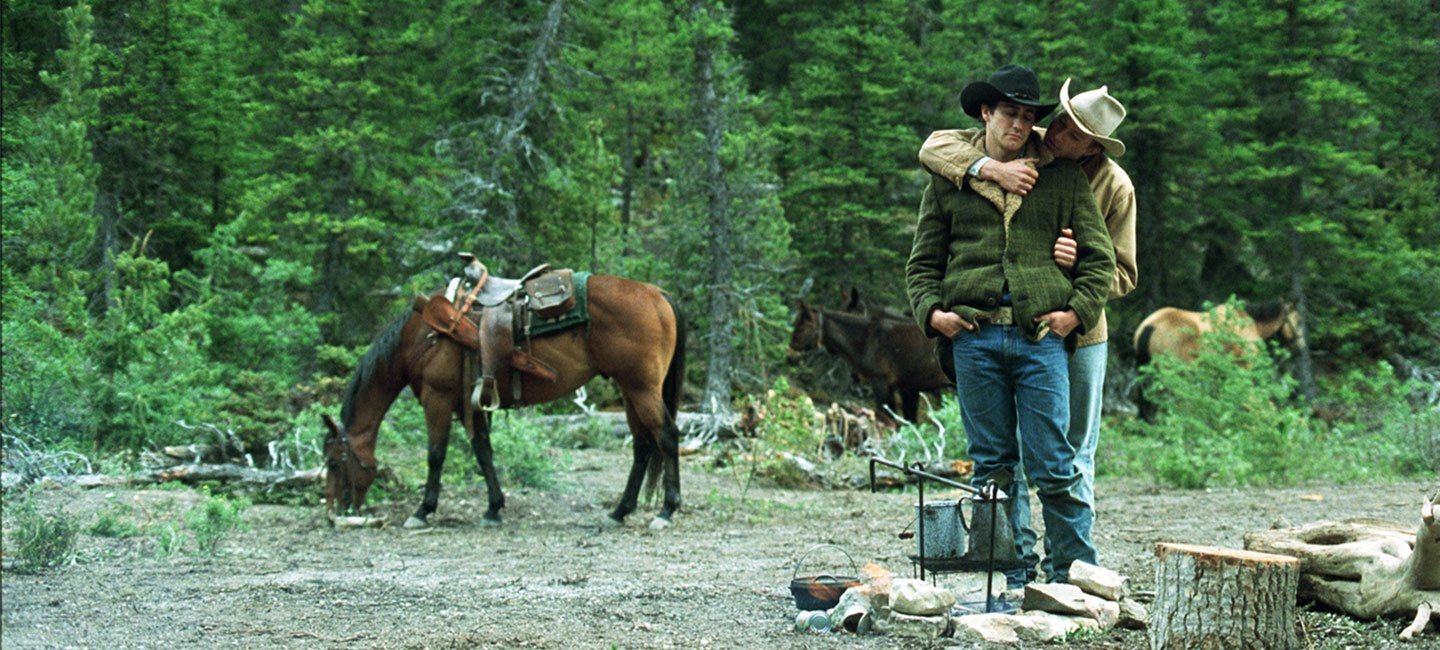
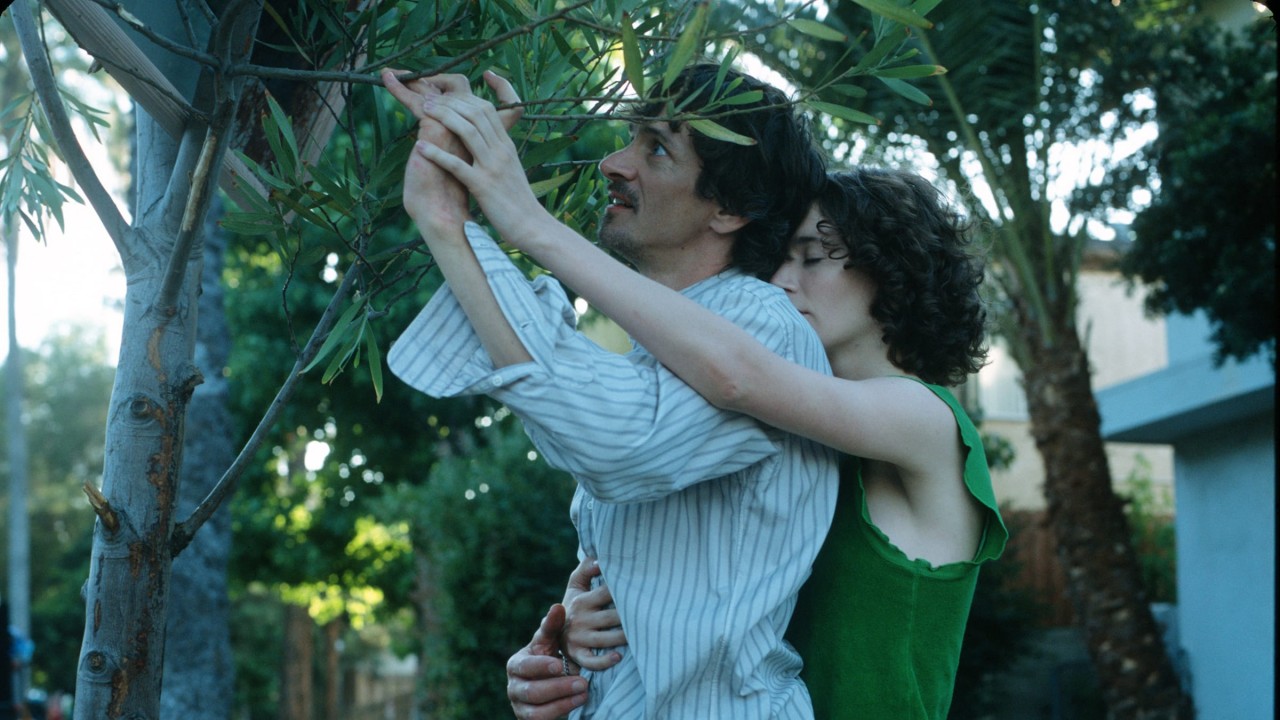


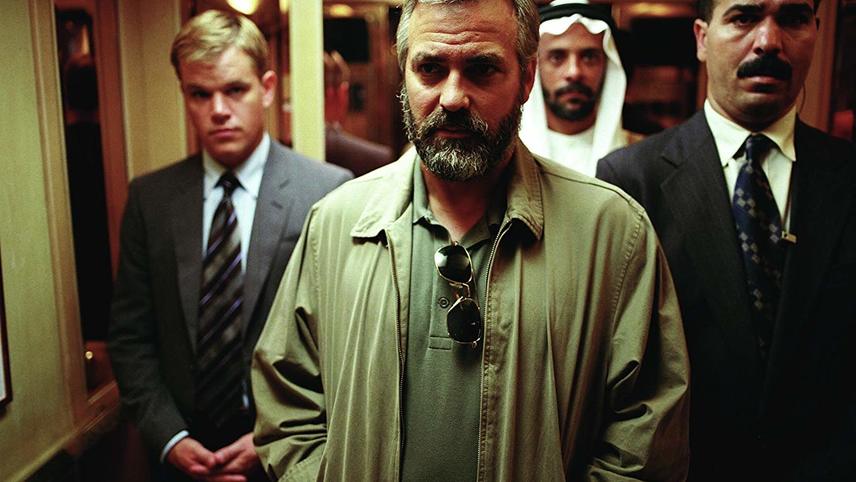
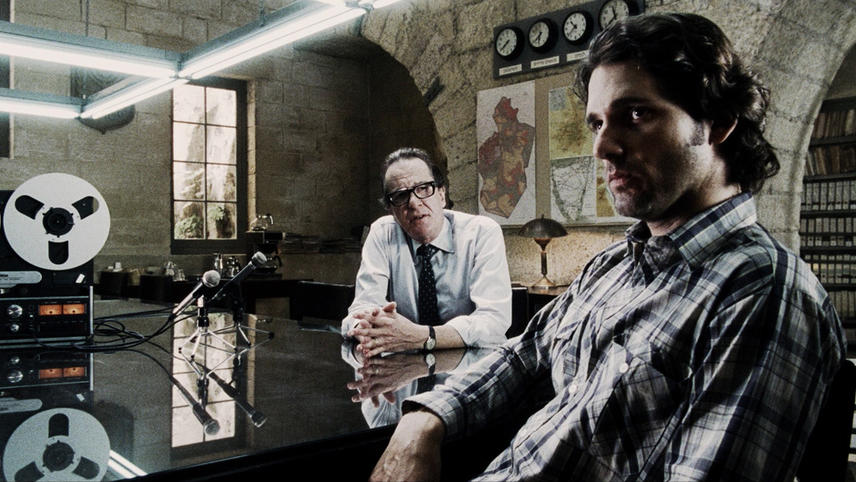


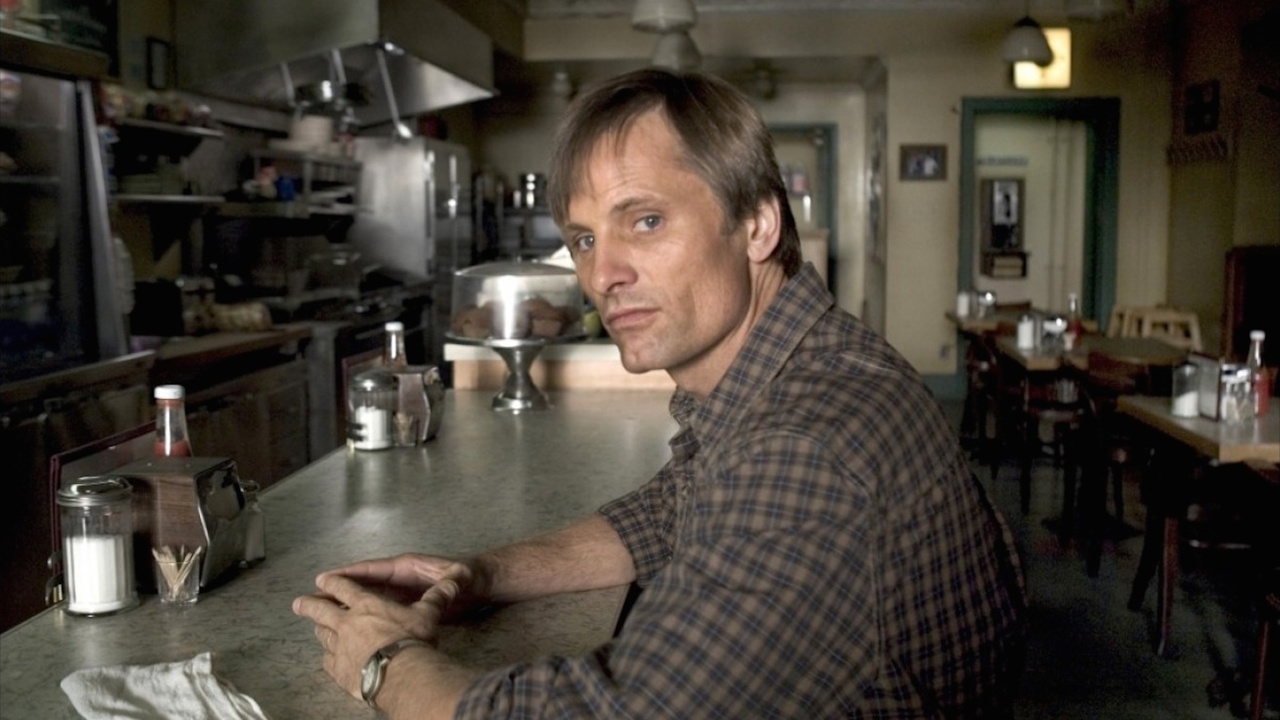

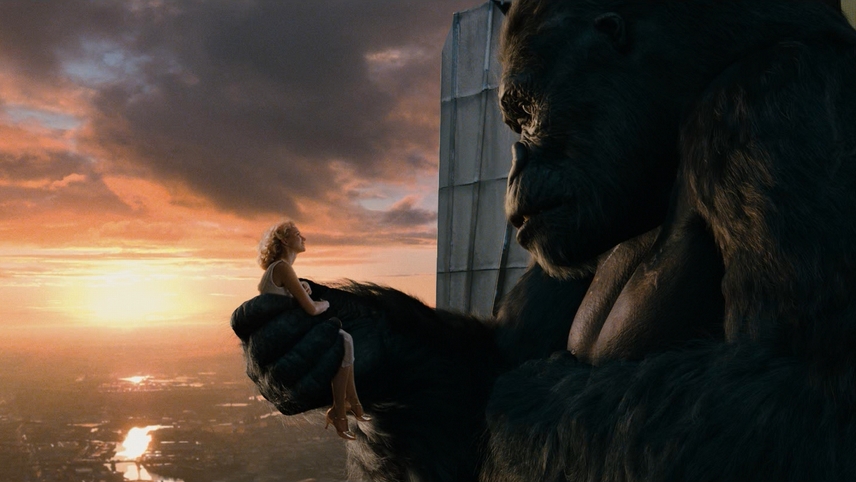

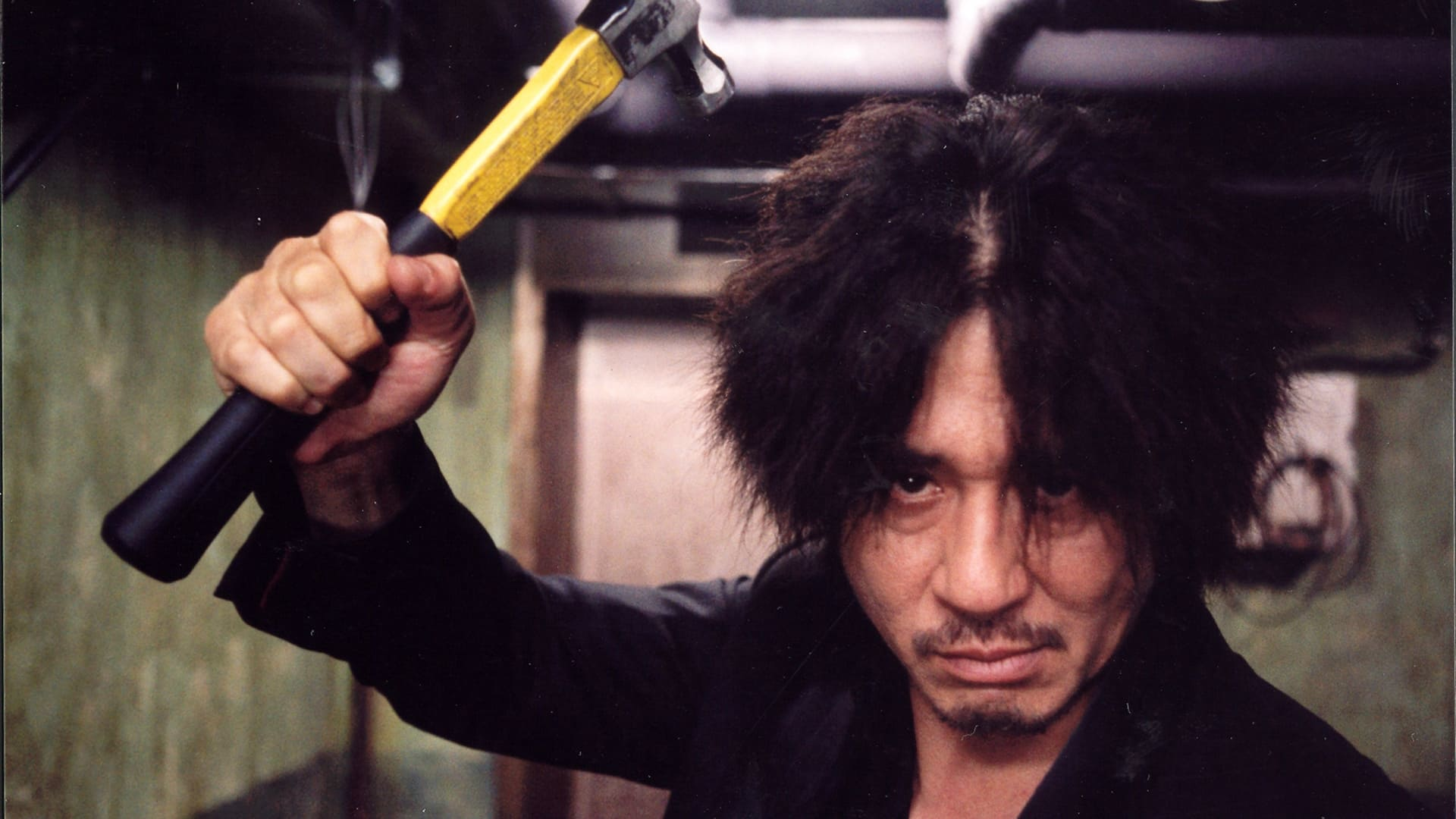
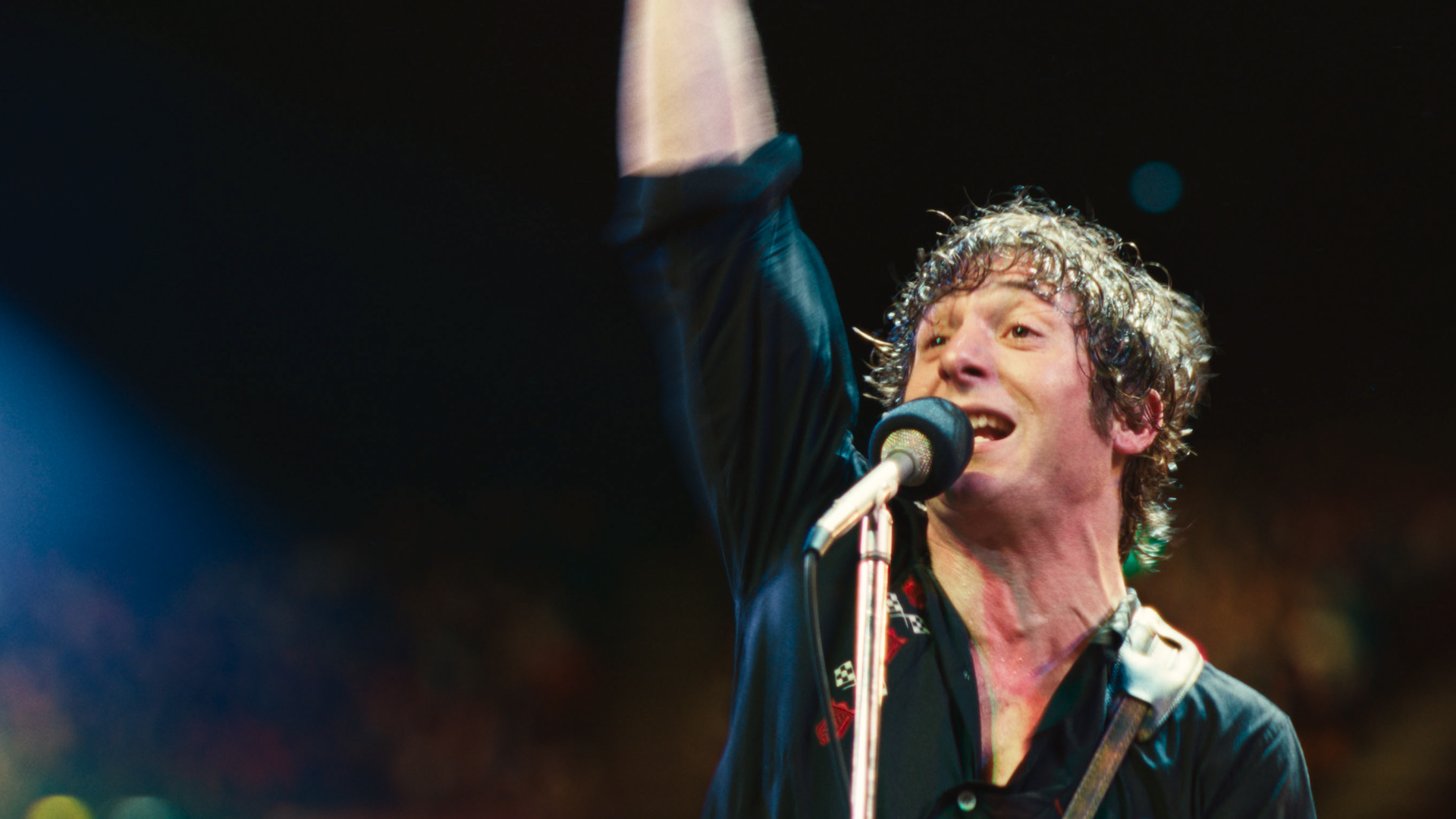
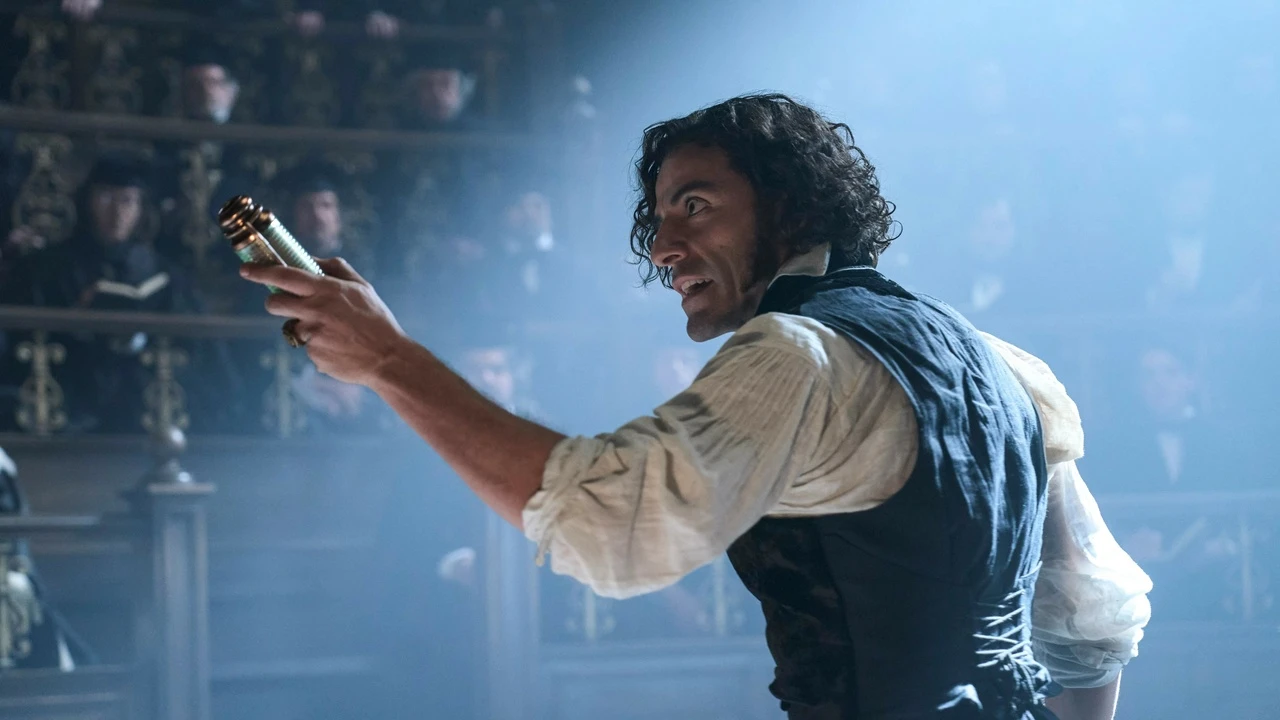
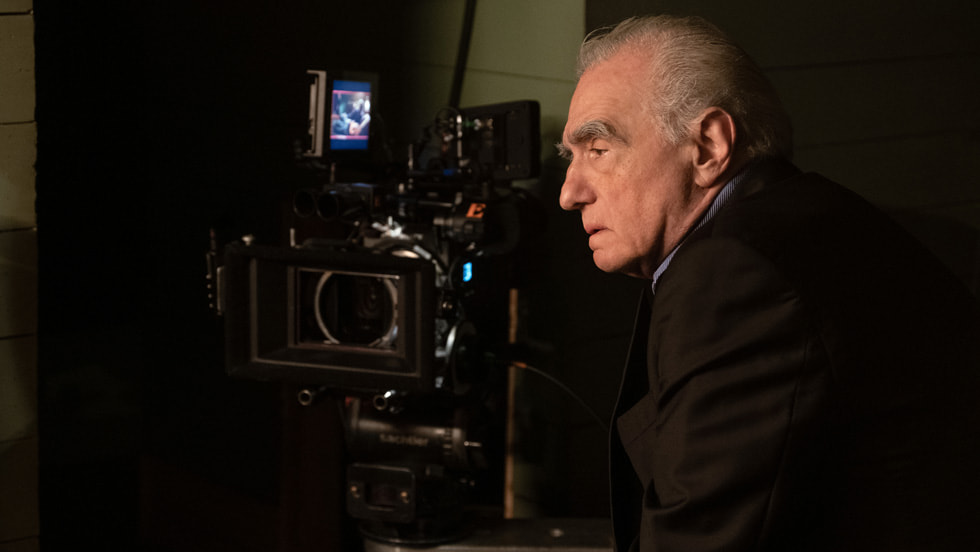
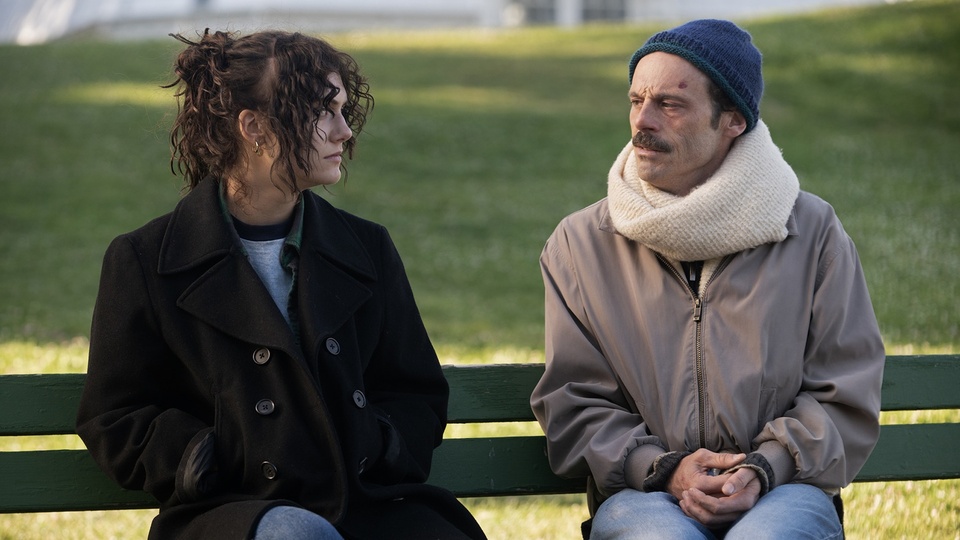

Great list of films. I’d have to Cache and A History of Violence into my top 10, but no real critiques here at all.
Fantastic list! Your list is diverse and contains some of the finest art house films of that year! Fabulous writing!
Old boy and Last days were on a another level. Soild list.
I loved Broken Flowers! Great list!
Great Lust . But Hustle & Flow should have included on the list, and in the top 5. Terrence Howard gave an Oscar Nominated Performance, and Taraji P. Henson gave an I Oscar worthy performance that was looked by the academy and the same can be said for Tyron Manning. Plus 3 Six Magia won the Oscar for song of the year. How can you not forget “ It’s Hard Out Here for a Pimp?!! “ It should be one of the top ten movie of 2005. How can anybody overlook this. I would also put Peter Jackson’s King Kong in the Top Ten Ae Well.
Always look forward to your “Best of” lists, Robert. Thank you for sharing your impressions of your best films. Brokeback Mountain was a breakout film that dared to go where few films at that time did.
Valuable info. Lucky me I found your web site by accident, and I’m shocked why this accident didn’t happened earlier! I bookmarked it.
Excellent Brooklyn cleaning, perfect for our Williamsburg loft. Telling all our Brooklyn friends. Brooklyn proud.